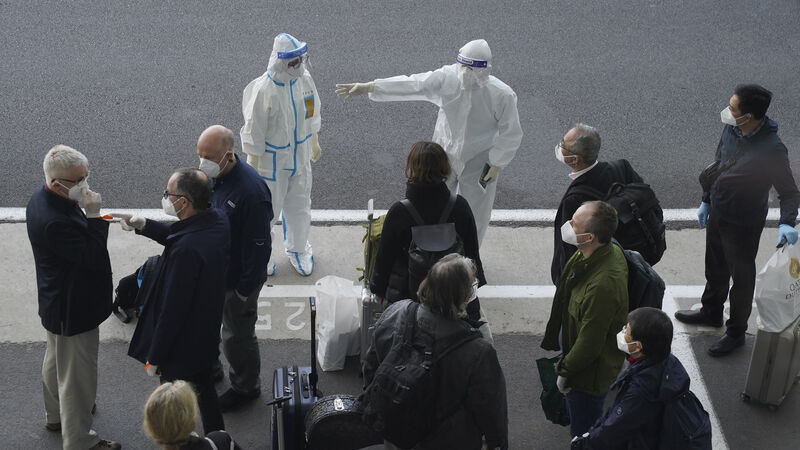WHO team arrives in Wuhan to investigate pandemic origins

A global team of researchers arrived on Thursday in the Chinese city where Covid-19 was first detected to conduct a politically sensitive investigation into the origins of the pandemic.
Their arrival in Wuhan came amid uncertainty about whether Beijing might try to prevent embarrassing discoveries and as the country experienced a new surge in coronavirus cases and reported its first Covid-related death in months.














